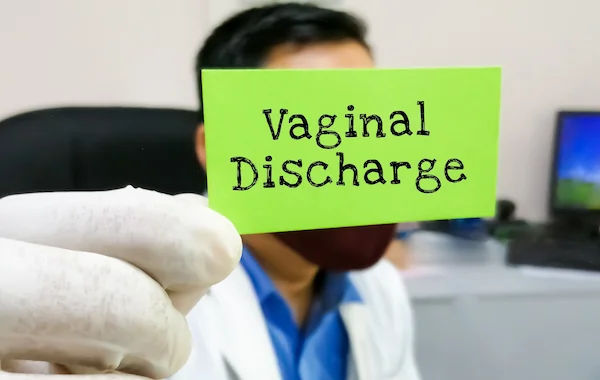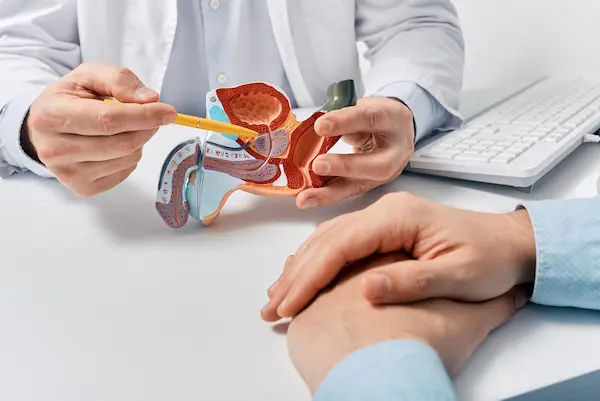- Male
- 24 Years
- 22/01/2025
I'm worried that my penis, which measures 13 cm when erect, might not be enough to satisfy my partner. This is affecting my confidence during sex. Can you tell me what the average length of an erect penis is? I'm just unsure if I fall within the normal range.
Answered by 1 Apollo Doctors
The average length of an erect penis is about 12-16 cm (4.7-6.3 inches), so your measurement is well within the normal range. Penile length is less important for sexual satisfaction than confidence, communication, and emotional connection with your partner. You are perfectly normal!
Dr. Mubarak Suggests...
Consult a Urologist
Answered 04/07/2025
0
0

More Urology Health Queries
View allHow many times is normal to urinate at night?
If you find yourself waking up to urinate more than twice each night, you may have a condition called nocturia. This is most common in people over the age of 60 or in some medical conditions.
Answered by 1 Apollo Doctors
Could you suggest a good painkiller that doesn't have any side effects, especially for dealing with kidney stone pain?
Lifestyle Changes:* 1. Warm baths or showers 2. Heat therapy (heat pads, warm compresses) 3. Exercise (yoga, swimming) 4. Dietary changes: - Increase omega-3 fatty acids - Magnesium-rich foods (dark leafy greens, nuts) - Calcium-rich foods (dairy, fortified plant-based milk) 5. Stress management (meditation, deep breathing)
Answered by 1 Apollo Doctors
My dad has 3 gall bladder stones and an enlarged prostate at 73 cc. Is surgery absolutely necessary or can he manage with just medications for now? Really worried about his condition and want to understand the options better.
For a 73 cc enlarged prostate and gallstones, surgery might not be immediately necessary for either condition, but it depends on the severity of symptoms and individual factors. Medications can help manage symptoms of both, and watchful waiting might be an option for asymptomatic gallstones. Consulting with a doctor for a comprehensive evaluation and personalized treatment plan is crucial.
Answered by 1 Apollo Doctors
Disclaimer: Answers on Apollo 247 are not intended to replace your doctor advice. Always seek help of a professional doctor in case of an medical emergency or ailment.




.webp)
